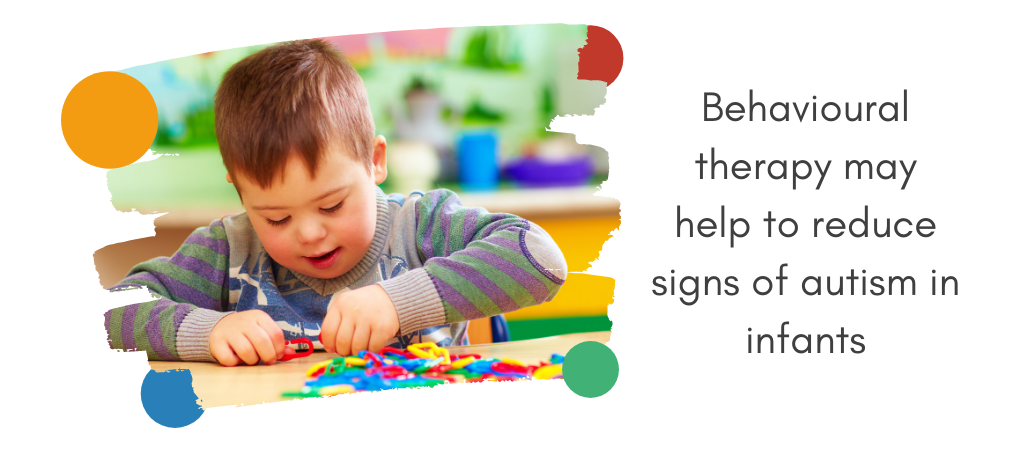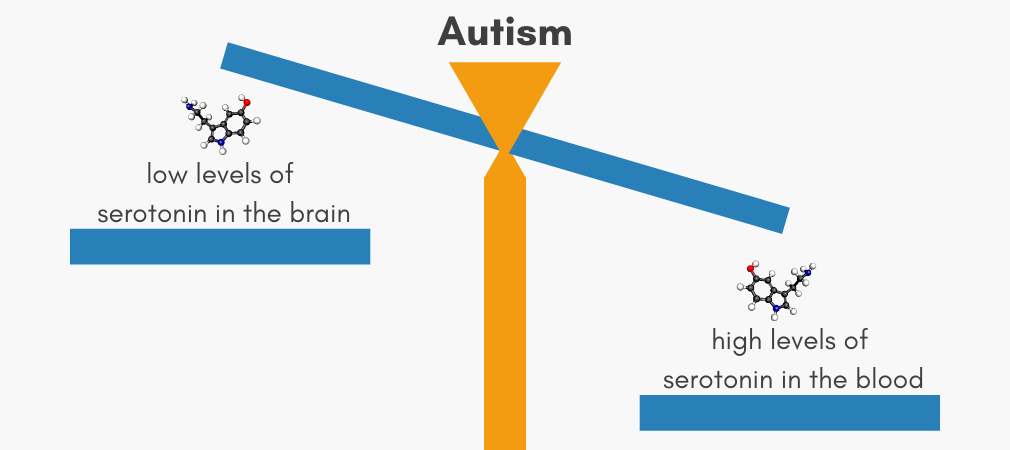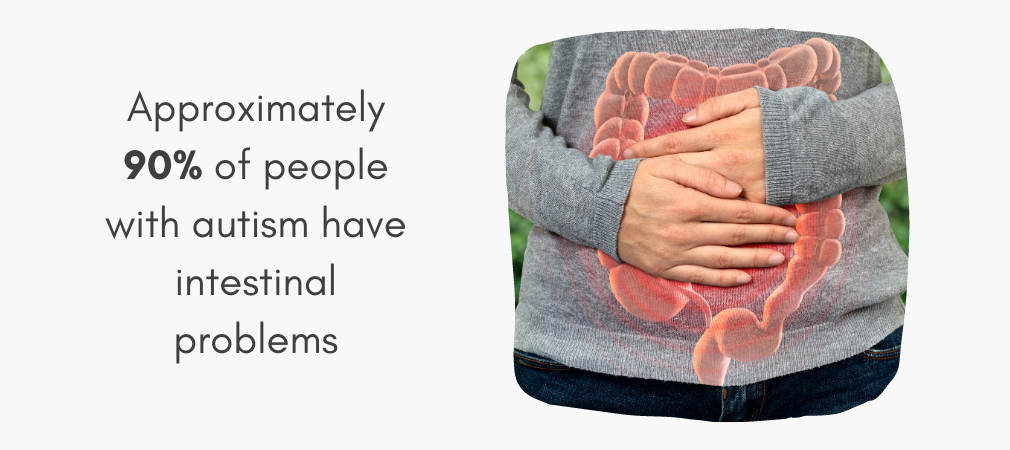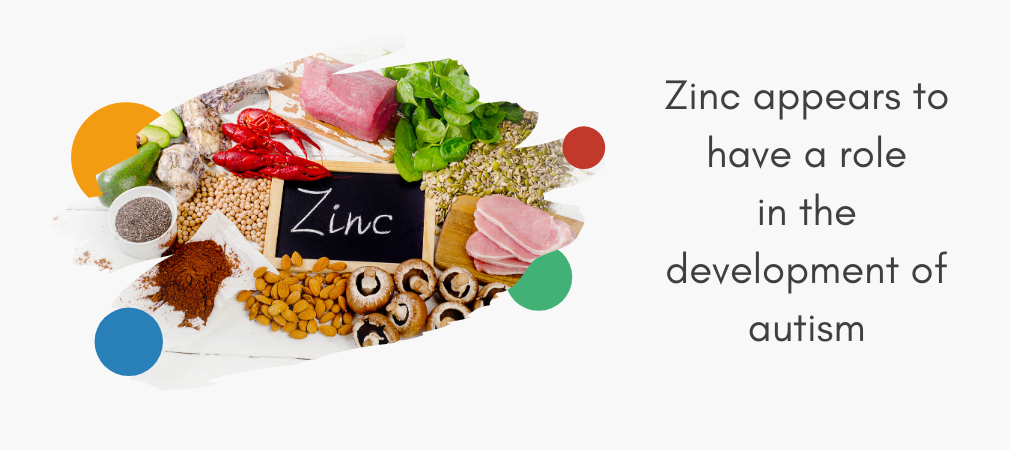Recent Developments In
Autism Treatment Are Encouraging
As a parent, you want your child to have every advantage in life.
And one of the biggest fears is that your child won’t meet critical developmental milestones in areas such as socialization, learning and communication.
But what do you do if you suspect your child is lagging notably in one or more of these areas?
“Infant Start” is the name of a recently developed behavioural therapy, carried out largely by parents, that is showing excellent promise in reducing signs of autism in infants.

In the Journal of Autism and Development Disorders (Rogers & Ozonoff, 2014), researchers found that 6 out of 7 children in their study were able to “catch up” in learning and language skills by age 2 or 3.
The results of this study need to be taken with caution due to the small sample size (only 7 study participants), but the results are highly encouraging.
Takeaway Message
Early diagnosis and intervention with autism are critical. This study’s intervention occurred very early (2-3 years old) when most children had yet to be diagnosed.
Research in autism shows that more dramatic improvements can be made with early identification and proper treatment.
3 Advancements in Autism Research
In this section, I will review three studies that look promising in advancing the treatment of autism.
As I wrote this article in September 2020, approximately 1 in 62 children will meet the criteria for a diagnosis of autism.
1. Vitamin D Is Encouraging
Autism is a highly mysterious condition, and researchers continually try to figure out pieces to the puzzle.
Vitamin D may very well be one of those pieces.
Patrick & Ames (2014) found that Vitamin D activates a gene that produces an enzyme leading to higher serotonin levels.
Serotonin is a hormone in the brain, platelets, digestive tract and pineal gland.
It operates as both a neurotransmitter (a substance that nerves use to send messages to one another) and a vasoconstrictor (a substance that causes blood vessels to narrow).
But why is the Vitamin D-serotonin connection meaningful when it comes to autism?
Serotonin is crucial as it helps to modulate developmental social behaviour. Social behaviour is one of the challenges that people with autism experience.
And when it comes to serotonin production, there is a strange pattern in people with autism.
They have low serotonin levels in the brain and high levels in the blood.
This is a problem as serotonin levels need to be higher in the brain (to help with socialization) and lower in the stomach (higher serotonin levels can cause intestinal problems, which is also associated with autism).
Supplementation with Vitamin D helps achieve both outcomes.
And low Vitamin D levels are incredibly challenging here in Thunder Bay and Northwestern Ontario, given that we don’t make Vitamin D from the sun’s rays for almost five months out of the year (October – February).
The study authors also encouraged supplementation of Tryptophan (an amino acid that gets converted to serotonin) and Omega 3 fatty acids (which have been deficient in our diet for many years).
For anyone interested in using this regimen to help manage symptoms associated with autism or as possible prevention during pregnancy, please review the journal articles and discuss these options with your family physician or naturopath.
2. Prebiotics And Probiotics Look Promising
As mentioned in the above section, intestinal problems have become an encouraging new area in autism research, even though researchers have been aware of this issue since the 1960s.
Intestinal problems are interesting because up to 90% of people with autism have stomach problems (e.g., abdominal pain, bloating, constipation, etc.).
New research now shows that autism and intestinal problems may be caused by the same genetic mutation (Hosie et al., 2019).
The mutation causes stomach problems by affecting bacteria in the gut, changing the speed at which food moves through the small intestine.
This mutation also affects neurons in the intestine and influences critical neurotransmitters in the brain.
The gut-brain axis appears to be a significant area for autism research.
Taking prebiotics and probiotics may help treat autism symptoms (unfortunately, it won’t serve to undo the symptoms) by improving brain and behavioural issues.
3. Zinc Appears To Play a Role
It’s early in the days for zinc in autism research, but there appears to be a link.
Ha et al. (2018) found that zinc helps shape synaptic connections between neurons that form early in life.
Since zinc research has only recently begun, the authors are uncertain if zinc levels are low or not absorbed well in the gut.
Research on zinc has not been attempted on pregnant mothers or babies (which is likely to happen next).
So, while the researchers cannot recommend dosage levels, it would be worthwhile to talk with your physician or naturopath about the potential merits of taking zinc as possible prevention during pregnancy or for your child to help manage symptoms of autism.
Were you aware of these advancements in autism research?
Do you know of other promising avenues for research or helpful treatment programs?
Join the conversation on Facebook!
Article by
Trevor Sullivan, MA, RP
Registered Psychotherapist
October 5, 2020


